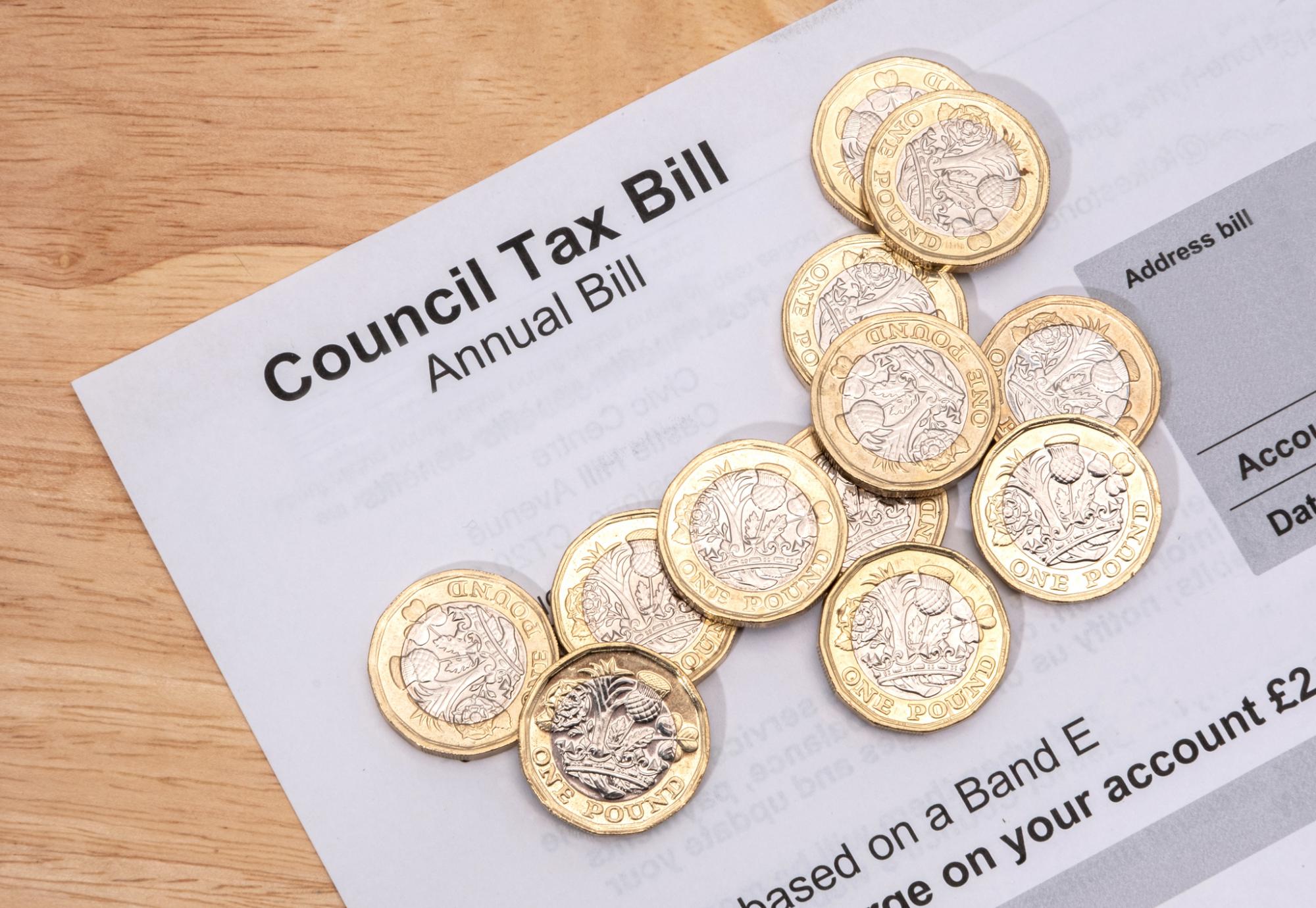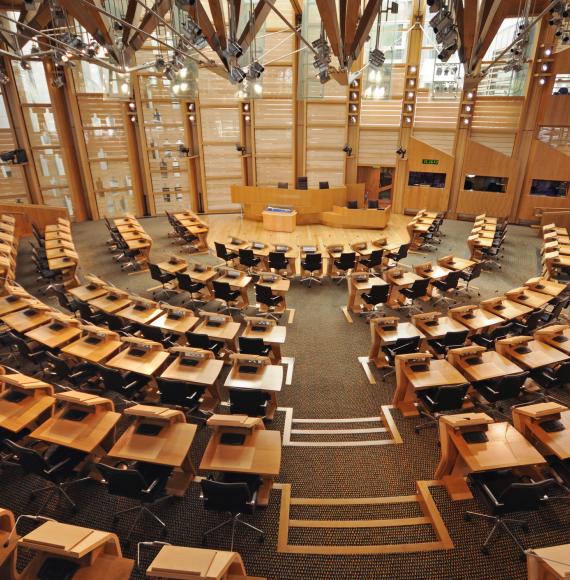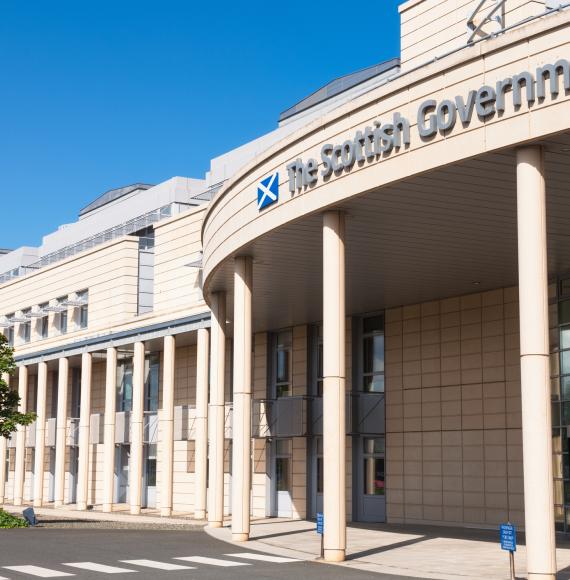Leaders of England’s largest councils have today warned that they will have to reluctantly raise council tax next year to keep local services running, as they face a funding gap of over £500m in 2022.
In October’s Spending Review, the government announced an extra £1.5bn for local government in 2022/23 and will set out how it is distributed in the Local Government Finance Settlement later this month.
But analysis from the County Councils Network (CCN) shows that even if this funding was largely targeted at addressing demand pressures in adult social care, it would still leave a ‘minimum’ funding shortfall next year of £561m between the 36 councils in its membership.
Even with this ‘best case’ scenario, CCN said that county leaders will have little choice but to raise council tax or cut services to try and make up the shortfall.
As a result, county leaders said that they recognise the cost of living is going up for residents, but they face difficult decisions on raising council tax in order to set a balanced budget next year.
The government’s Spending Review figures presumes that councils will levy a 1% social care precept to help fund social care services next year, in addition to having the choice to raise council tax by a further 2% for other services.
This present year, some councils also choose not to levy the full 3% social care precept flexibility, meaning those councils are also able to levy any remaining percentage balance in 2022/23.
CCN is calling the government to target the majority of the £1.5bn next year on care services.
However, with this pot of money also aiming to compensate councils for increased costs from a rise in National Insurance contributions next April, not all of it will be spent on addressing service pressures.
Therefore, the funding shortfall for CCN’s 36 councils is likely to be larger than the £561m best case scenario and to help meet this shortfall, county leaders are calling for additional measures.
They argue the government should also bring forward a greater share of the Health and Care Levy for councils earlier, so they can address their short-term pressures in delivering adult social care.
This could include pooling the windfall from this levy with the NHS so both sides of the health service are able to receive resource from the new tax.
Commenting, Chairman of the County Councils Network, Councillor Tim Oliver said:
“For council leaders, the winter period when we must set our budgets is one of the most difficult times of the year, though the government’s funding for local government in the Spending Review is a significant boost for councils and has made the process a little easier this time.
“However, it is not the silver bullet to our funding shortfall and many of us will still face a substantive gap in their finances. We recognise that our residents will be feeling the pinch after a tough 18 months with the cost of living rising, whilst some may be facing uncertain employment prospects.
“County residents already pay the highest rates and those county leaders that do propose rises of the maximum permitted will be doing so as they have little choice other than to substantively reduce local services.”
The average council tax bill in county areas this year is £1,994, with 16 county areas levying rates over £2,000 a year for a standard Band D property, due to those areas being less generously funded in previous years, the CCN said.
This is the highest average rate in England and some £600 more than the average in Central London.
PSE will be hosting a Learning & Development virtual event on 3 February 2022. Join us for the full day event by registering here.



















